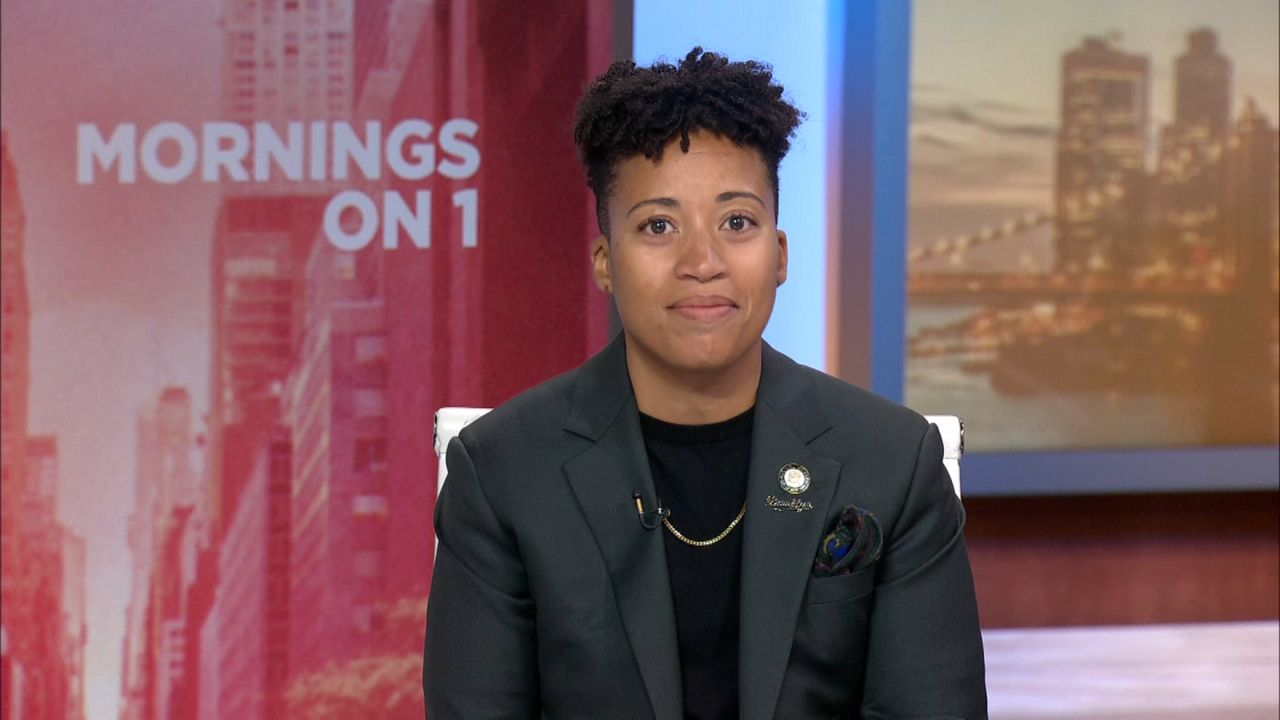Mayor Eric Adams and Commissioner of City Planning Dan Garodnick on Monday stressed the “need to modernize” city zoning rules ahead of the City Council's scheduled vote on the next phase of Adams' "City of Yes" plan.
The upcoming phase of the plan looks to spur housing and economic development by overhauling zoning regulations that have remained largely unchanged since the 1960s.
Among the key proposals under consideration is allowing for businesses to operate in both ground-floor and upper-floor spaces, authorizing corner stores in residential zones, removing restrictions on dancing in restaurants and other venues and permitting certain businesses, such as barber shops, to operate out of residential properties.
"When we look at our zoning, which was created in 1961, our manufacturing and business rules really have not changed in over 60 years. And so, you see references to taxidermy and typewriter repair shops, and no reference to 3D printing or virtual reality or even a cell phone store,” Garodnick said during an appearance on “Mornings On 1.”
"We are holding ourselves back as it relates to good jobs and innovation. And that's what this plan is about. And we understand that people fear change. But this is also an effort for us to update our zoning rules so that we are not perpetuating vacant storefronts in New York City and we're giving people an opportunity for jobs and for the ability to take care of their own families," he added.
The plan has seen some pushback from residents in parts of Queens and Brooklyn who wish to maintain a more suburban atmosphere, but Garodnick noted that residential areas will likely see limited commercial expansion.
“You know, 265,000 New Yorkers live more than a quarter mile from a place where they can get a carton of milk. We, in this proposal, create an opportunity for the possibility of a corner store,” he said.
Adams also noted that many of those residents in primarily suburban areas of New York City could have easier access to shopping if they are on a hybrid or work-from-home schedule.
“We want to make it easier for people who are working out of their home. There’s just a different dynamic of working now, and we want to adjust to those changes," Adams said.
Garodnick echoed the sentiment, emphasizing the necessity of updating regulations to align with modern life.
"We have a very unusual set of rules that are baked in 1961, which allow you to be a music teacher but not an interior decorator in your own home. We need to modernize these rules. This is the 21st century—we need to get out of our own way,” he said. “We're hitting record job numbers in New York City, but we're also holding ourselves back here."









